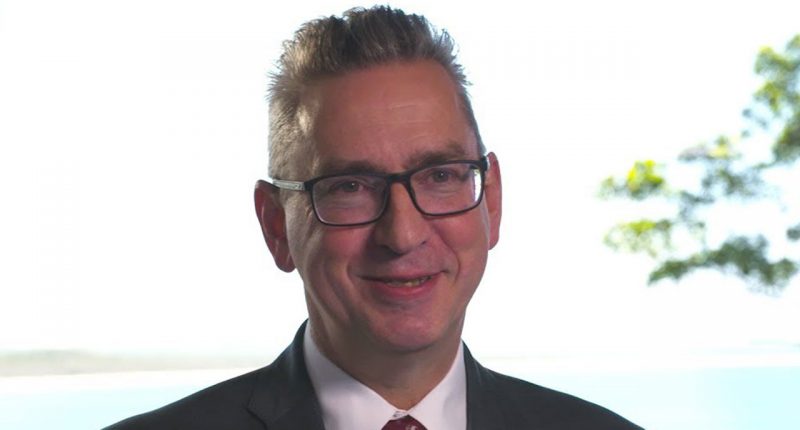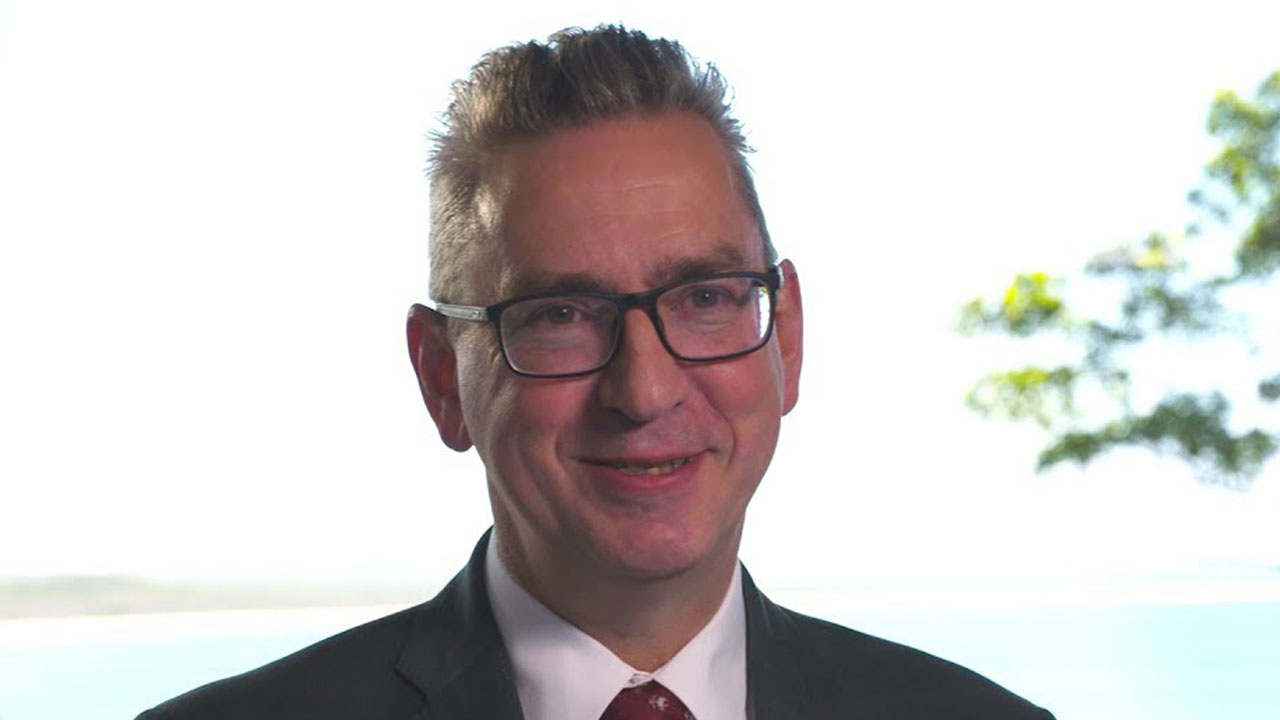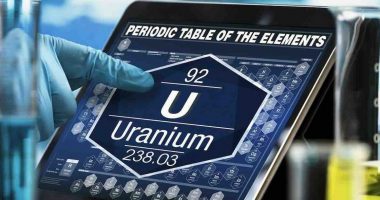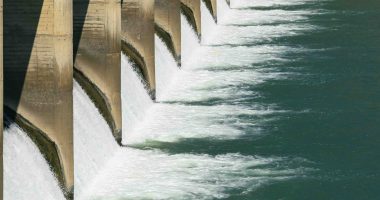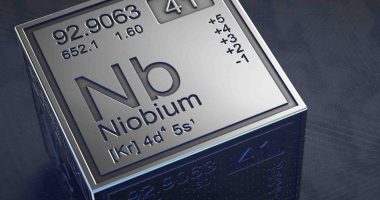- Lake Resources’ (LKE) partner Hazen Research has produced high-purity lithium carbonate using feedstock from Lake Kachi brines
- The 99.97 per cent pure lithium carbonate contained very low levels of impurities like iron and boron, which is an essential quality in battery-grade lithium
- Pricing in the lithium carbonate market is largely determined by the product grade, as well as the level and type of impurities
- The enhanced purity of the Hazen sample has substantial upside compared to the lower grade, lower price product modelled in the pre-feasibility study
- LKE will now scale up production to provide further samples for potential offtakers
- Lake Resources is trading 8.96 per cent higher for 7.3 cents per share
Lake Resources’ (LKE) partner Hazen Research has produced high-purity lithium carbonate using feedstock from Lake Kachi brines.
Clean and green
The sample produced used lithium chloride from the Lilac Solutions pilot plant module.
Assaying of the sample by titration and inductively coupled plasma spectrometry showed the 99.97 per cent pure lithium carbonate contained very low levels of impurities like iron and boron.
Essentially, low levels of metals and cations are essential in the production of battery-grade lithium carbonate.
In producing the sample, Hazen aimed for a simplified flowsheet using only conventional techniques like evaporation, treatment with sodium hydroxide and soda ash, ion exchange, and precipitation.
Testing of the sample showed a 70 per cent reduction in the overall level of impurities compared to Lake’s earlier lithium carbonate production.
Typically, samples grading above 99.5 per cent are considered battery-grade in the current market. Lake’s 99.97 per cent pure sample has reduced impurities by an impressive 94 per cent above even that market benchmark.
Lake believes the product will be highly attractive for the lithium-ion battery market, where low-impurity lithium carbonate is key in determining battery quality.
With simple, clean processes in use from extraction to final production, Lake appears to be on its way to sustainably producing clean, quality lithium carbonate at scale for use in the fast-growing battery market.
Lake Resources Managing Director Steve Promnitz says the results look highly promising.
“We are very pleased not only with the very high-purity lithium carbonate grades, but also with the very low impurities,” Steve said.
“This is a function of the purity of the raw brine at our Kachi project, combined with the excellent work done by Lilac Solutions over the past two years, and by Hazen Research,” he continued.
“Lake has a clean process, based on standard chemical processing techniques, which is readily scalable. The environmental footprint is small.”
Lake Resources Managing Director, Steve Prommnitz
“Based on the results reported today, we believe Lake is well placed to deliver among the highest quality, sustainable, clean lithium carbonate products to the EV and energy storage market,” he concluded.
Next steps
Lake is looking to produce saleable bulk quantities of the high-purity product using the processes already underway at the Lilac Solutions pilot plant and the Hazen facility.
The company is confident the processes can be scaled up without changing the grade of the final product.
As such, the Lilac pilot plant already scaled up its process to produce the lithium chloride by around 1000 times compared to earlier laboratory bench-scale tests.
The scale-up from Lilac’s pilot module to full production scale modules is also expected to be a relatively small — around three-to-five times the current output — depending on the final module design.
If Hazen’s processes prove as easily and efficiently scaled-up without challenging product quality, the high-grade product will potentially be a market leader.
importantly, pricing in the lithium carbonate market is largely determined by the purity grade, as well as the level and type of impurities.
The results achieved by Lilac and Hazen could bring in substantially higher prices than previously envisaged in the pre-feasibility study (PFS), which was based on 99.9 per cent lithium carbonate and a fixed selling price of US$11,000 (around A$15,600) per tonne.
Hazen will aim to produce five-to-six kilograms of high-purity lithium carbonate in the next round of production.
Samples will then be sent to Novonix (NVX) to be tested together with commercial battery cathode precursor materials. Other potential offtakers in Asia and Europe will also be able to test the product.
The results of Hazen’s process optimisation, forthcoming battery tests, updated price expectations, and decisions on final plant module capacity will be incorporated into the forthcoming definitive feasibility study.
Lake Resources is trading 8.96 per cent higher for 7.3 cents per share at 10:24 am AEDT.

